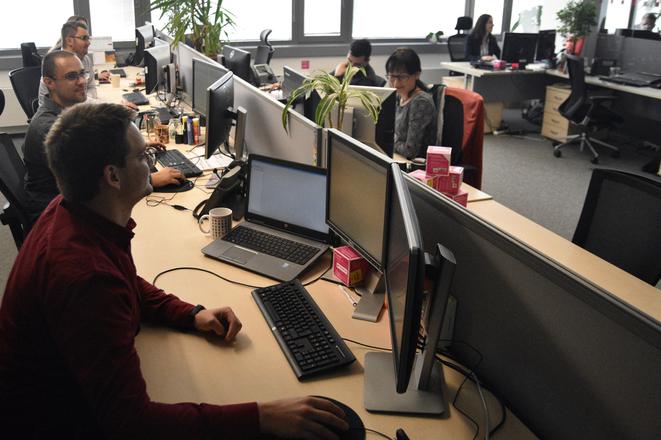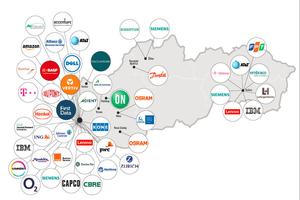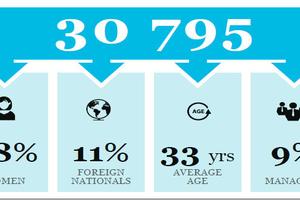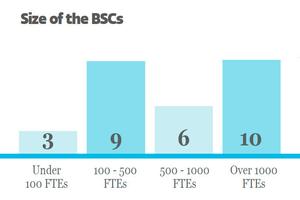Twenty years ago, when business service centres first started appearing in Slovakia, they covered mostly simple transactional activities. That has changed, however, and nowadays, they deliver more complex processes.
What is a business service centre?
Business service centre (BSC), or shared service centre: an organisational unit responsible for the execution of specific tasks (for example finance & accounting, IT support, HR) supporting the core activity of the company
Business process outsourcing (BPO): involves contracting of the operations and responsibilities of specific business processes to a third-party service provider.
Source: Business Service Center Forum 2017 Survey
Transactional activities in business service centres (BSCs) are gradually becoming automated. The use of modern IT technologies, computing and the Internet of Things (IoT) concept enhances the efficiency and savings of centres. While IoT was designed mainly for industries, many sectors now use IoT in their daily routine. In BSCs, these technologies enable employees to engage in sophisticated tasks that require high qualifications, unlike those needed for purely transactional work.
“BSCs are definitely companies working with the most advanced and modern technologies and tools for business administration and processing activities,” Paul Burt, managing director of IBM International Services Centres, told The Slovak Spectator.
A significant share of Slovakia-based BSCs manage financial activities, so their innovations mainly concern the prediction of cash flows and the preparation of complex company-wide reports, according to the Slovak Investment and Trade Development Agency (SARIO). Ján Papula from the Department of Strategy and Entrepreneurship at Comenius University in Bratislava also sees the use of innovations in marketing, data analytics, human resources, trade and logistics.
Progress in the automated recognition of text and forms will lead to a significant reduction in the share of human work needed in transactional jobs, he said.
“Likewise, automated call centres and the use of artificial intelligence (AI) in customer and employee support as well as procurement will be popular in the near future,” Papula told The Slovak Spectator.
Dependent Slovakia
Today, the innovation of Slovak BSCs is strongly dependent on other markets since their parental companies’ main R&D centres are located abroad. Basically, BSCs introduce new technologies and knowledge that is typically not used in the rest of the country, said Maroš Čuchta, head of Accenture Advanced Technology Center in Bratislava.



 The processes in business service centres are gradually changing. (source: TASR)
The processes in business service centres are gradually changing. (source: TASR)


